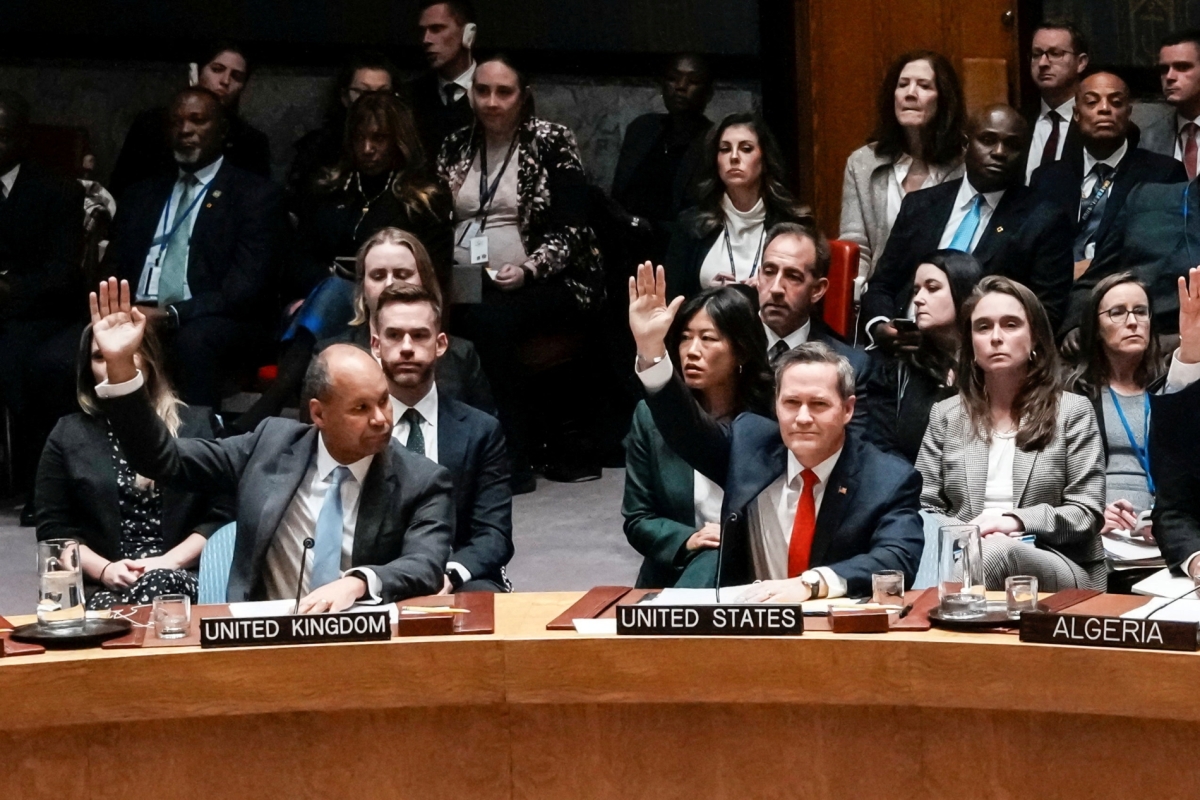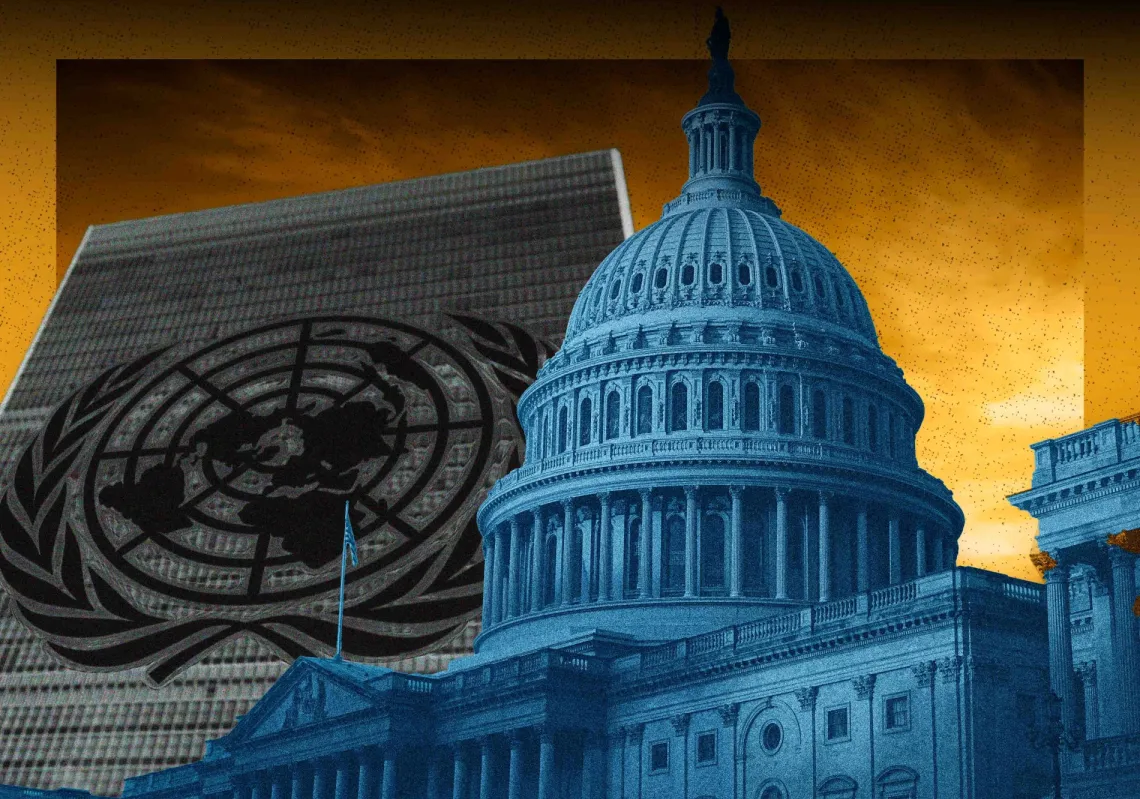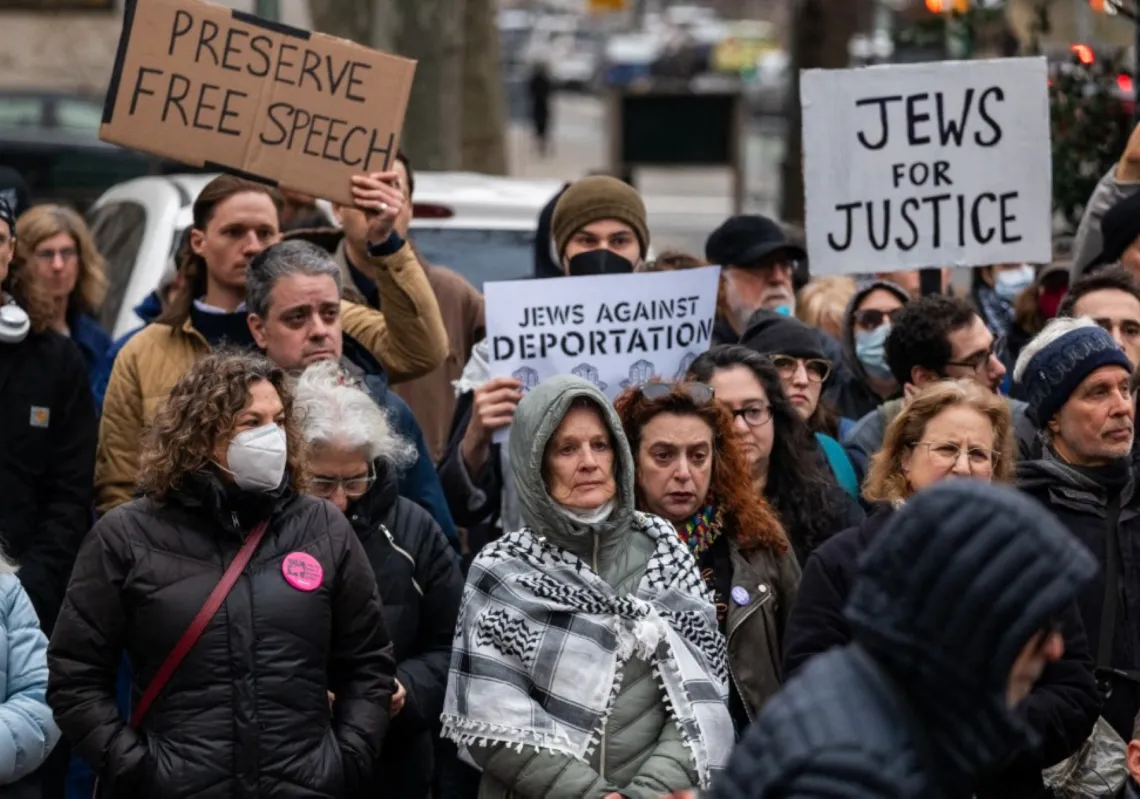The absence of effective oversight mechanisms to ensure compliance with UN resolutions is a key reason behind the failure of Israeli-Palestinian negotiations to achieve a viable political settlement.
The latest UN Security Council resolution, which backed a plan by US President Donald Trump for the reconstruction of Gaza under a new Board of Peace transitional administration, will remain a rhetorical flourish unless supported by an institutionalised oversight mechanism.
Past efforts to end the conflict had no monitoring body on the ground with a Security Council resolution mandate, and, accordingly, all so-called roadmaps since 1948 have failed to provide a timetable for Palestinian statehood.
All committees and bodies formed with the hope of achieving peace remained, for the most part, mere coordination efforts, lacking the power to enforce.
What’s more, reliance on informal high-level meetings, including the last summit in Egypt’s Sharm El Sheikh, or the ‘good faith’ frequently uttered by Palestinian and Israeli leaders, hasn't put a stop to the violence or the distrust.
Although proposals such as the deployment of US-led monitoring forces, or third-party observers, were considered—and at times accepted in principle, including during the 1993 Oslo Accords—they were never institutionalised, afforded meaningful authority, or granted comprehensive mandates.
Included in Trump’s new plan, which now has a UN mandate, is the establishment of an International Stabilisation Force (ISF). The Board of Peace will run Gaza for two years, with the authority to oversee the disarmament of Hamas and other factions—a key Israeli demand—and the reconstruction of Gaza.
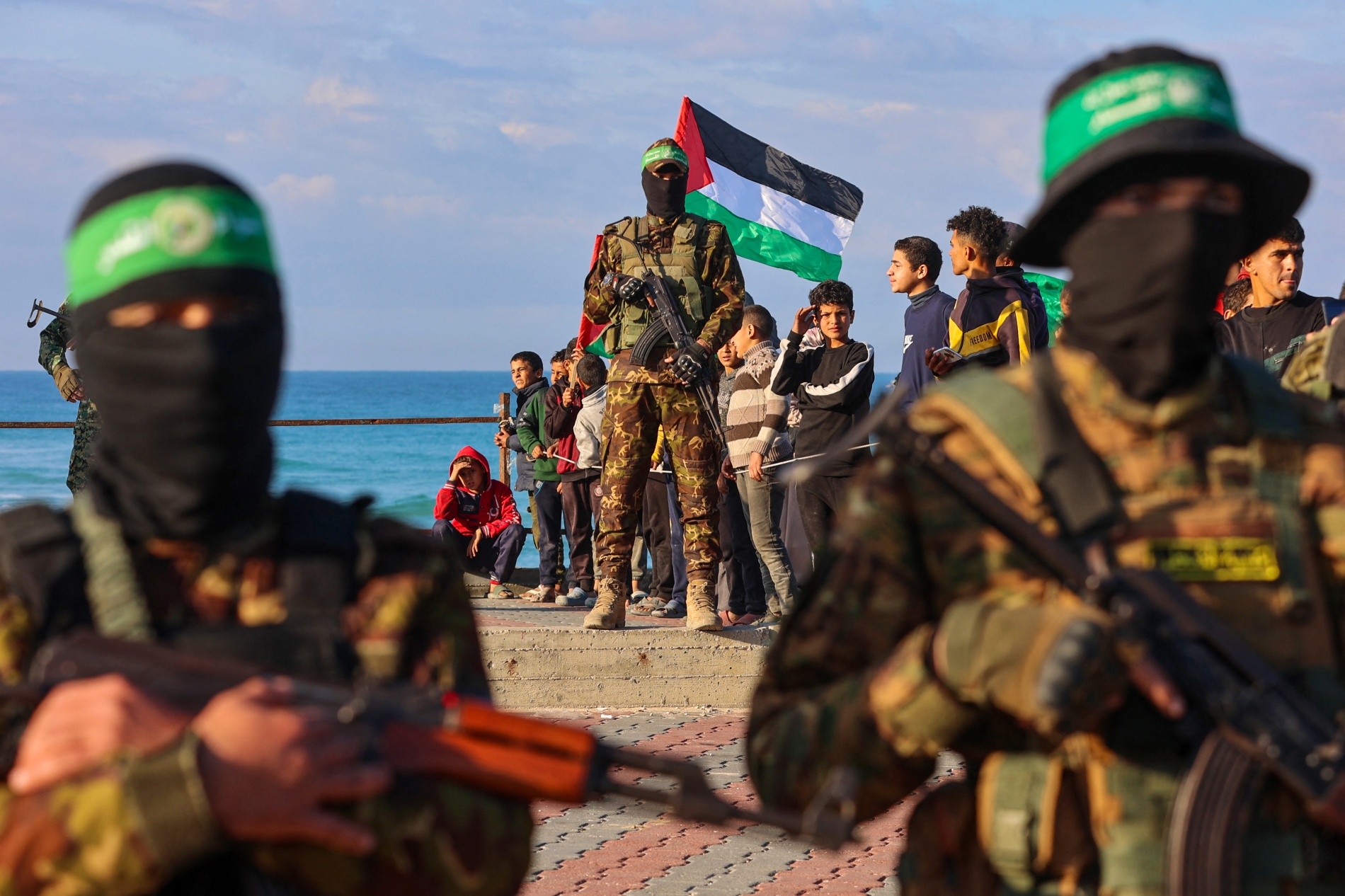
The rationale behind the ISF is centred on the ‘enforcement gap’ in the Israeli-Palestinian conflict. A UN-backed force, if established, could fill this key void. It will have the authority to address violent spoilers on either side, by force if necessary, enabling the international community to move beyond rhetoric and ensure the implementation of agreements.
Difficult task
A UN-backed international peace force will face profound challenges from both sides of the conflict: Hamas, which refuses to disarm, and the extremist Israeli far-right. Israeli Prime Minister Benjamin Netanyahu recently reaffirmed his position that “there will never be a Palestinian state.”
Hamas has historically rejected disarmament and continues to maintain an armed presence, even after two years of a devastating war with Israel, viewing itself as a legitimate resistance movement against Israeli occupation.
Following the passing of the UN resolution, the Palestinian armed group wrote on Telegram that the plan “imposes an international guardianship mechanism on the Gaza Strip, which our people and their factions reject.”
“Assigning the international force with tasks and roles inside the Gaza Strip, including disarming the resistance, strips it of its neutrality, and turns it into a party to the conflict in favour of the occupation,” it added.
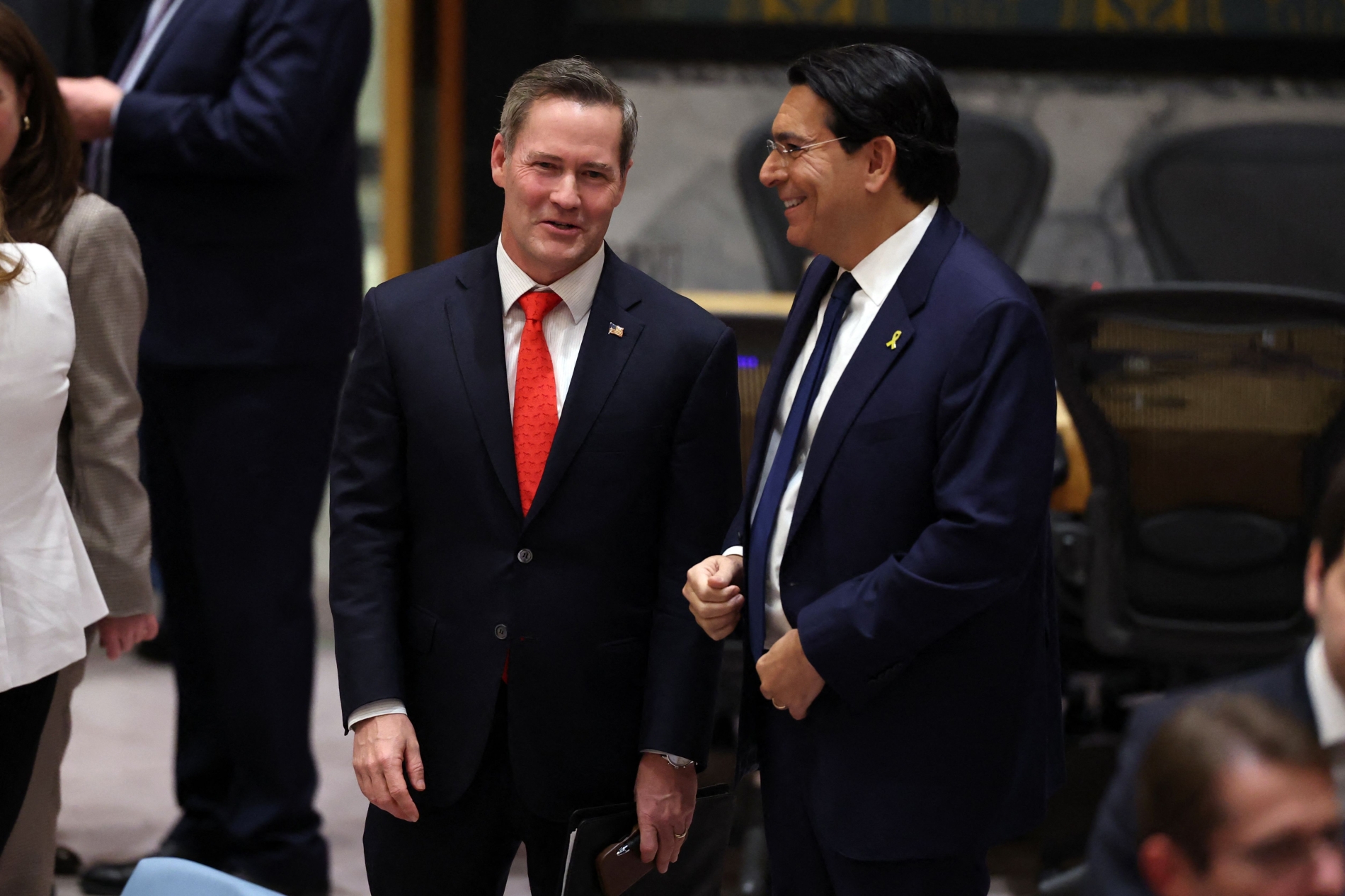
Under the resolution, the ISF will work with Israel and Egypt, along with a newly trained and vetted Palestinian police force, to help secure border areas and ensure the process of permanently disarming non-state armed groups, including Hamas.
But disarming Hamas is a complex and tricky issue, and it remains unclear how the new international force will demilitarise the Palestinian movement. It does, however, have international backing to neutralise Hamas and other factions in Gaza. Therefore, Hamas's refusal to disarm risks peacekeepers being viewed as biased, potentially undermining their legitimacy and increasing their vulnerability to attacks from militant factions who reject any form of foreign presence.


